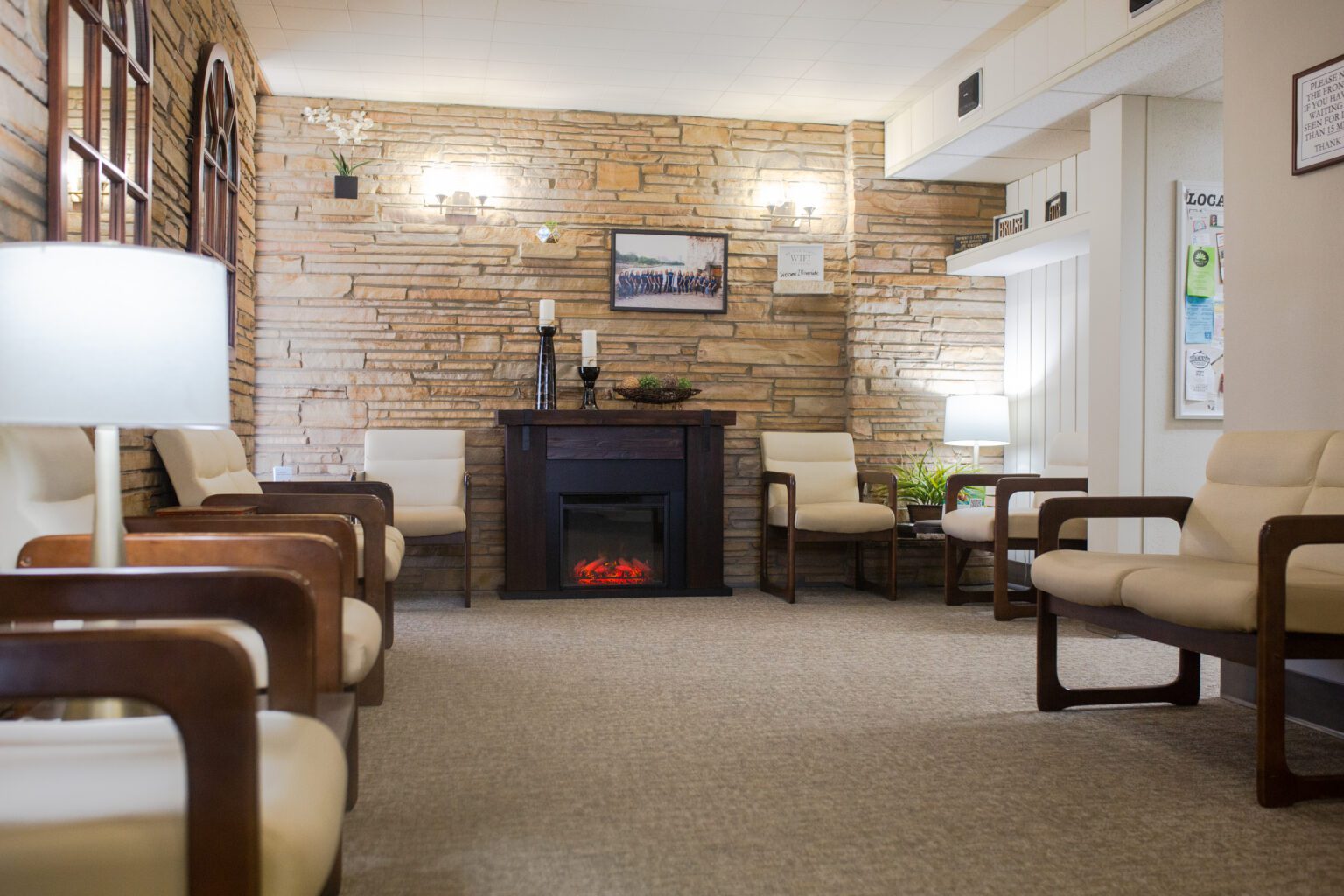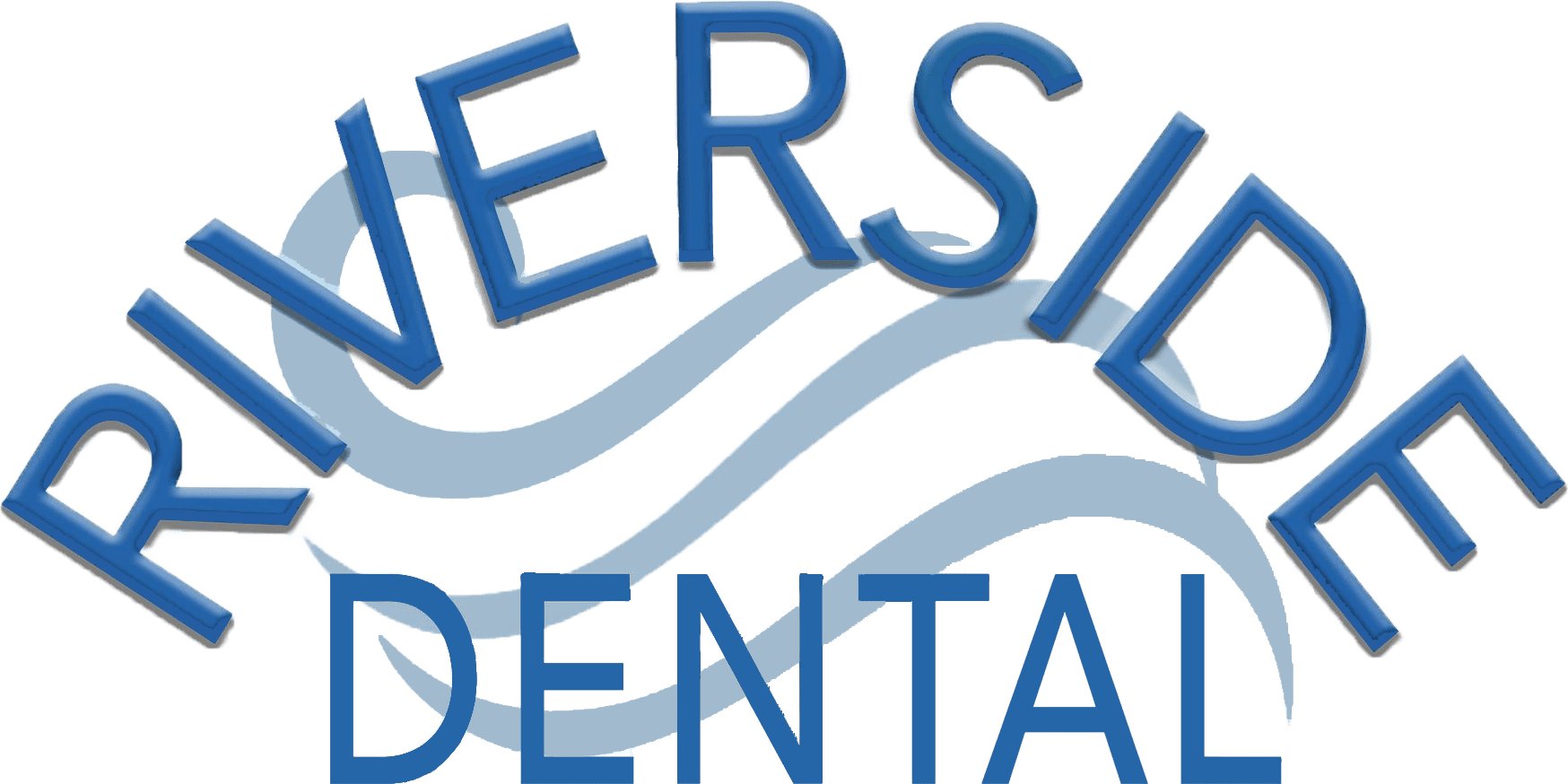
Are Regular Dental Cleanings Necessary?
Here at Riverside Dental, we know how busy life can be. Fitting a dental appointment into a busy schedule can feel like a hassle, but it’s worth it. Brushing for two minutes twice a day and flossing daily will keep many oral health problems away; however, it’s not a complete guarantee. Scheduling regular cleanings at Riverside Dental is highly recommended to maintain proper oral hygiene and catch problems before they become costly and painful.
Do I Need to See a Dentist Even If My Teeth Feel Fine?
It’s very important to schedule regular cleanings here at Riverside Dental, our dentists can make a recommendation on you how often you should be coming in to best suit your dental health needs. Not all dental problems have obvious symptoms at first. Not only can we identify problems before they become painful and expensive, we can also help to keep your smile looking fantastic. We know how important it is to feel comfortable with your smile. This is why we offer many treatments to help improve patient aesthetics.
What’s a Dental Cleaning Like at Riverside Dental?
At Riverside Dental, an appointment will include a full oral examination, oral cancer exam, professional X-rays to catch cavities, and a full cleaning by our amazing hygienists. Your cleaning will remove tartar, debris, and plaque from your mouth.
Our dentists will coordinate with your hygienist and recommend a treatment plan for any problems that are found. We’ll also recommend any aesthetic and cosmetic treatments to improve your smile. Please call our office at (316) 262-5273 to schedule an appointment or for any additional questions.
At What Age Should I Bring My Child to See the Dentist?
Professionals throughout the dental industry as well as the American Academy of Pediatric Dentistry (AAPD) agree that a child’s first dental appointment should happen as early as six months of age. This is when the first baby teeth usually begin to show. Our dentists will be able to assess the health of your child’s first few teeth and make recommendations for things like navigating teething periods, reducing the risk of decay, and good cleaning techniques.
Why Do I Have to Get my Child’s Baby Teeth Filled When they are Just Going to Fall Out Someday?
If baby teeth are diagnosed with cavities and are never filled, then they not only can cause your child an intense amount of pain, but they may also need to be prematurely removed. Baby teeth are important for speech and development, as well as holding the space for permanent teeth to come in to place. This can help prevent crowded teeth in the future.
Am I too Old to Straighten My Teeth?
Absolutely not! Dr. Rupp has been straightening teeth of all ages with Six Month Smiles short term ortho. Whether you have crooked teeth or spaces to close, she would be happy to take a look and see if you’d be a candidate for either clear braces or aligners (which are just like Invisalign).
My Parents Both Had Dentures by the Time They Were Thirty, So Won’t I End Up the same Way?
Dentistry and science are constantly improving. There are ways to treat common problems that were more difficult even just 10 years ago. Just because your parents had dentures doesn’t mean you will too! If you take care of your teeth (brush twice a day, floss once a day and get dental cleanings twice a year and regular diagnostic x-rays), then you can keep your smile forever!
Can I Be Sedated for My Dental Work?
At Riverside Dental, we have a few different types of sedation that we offer.
- Inhaled Minimal Sedation: The patient inhales nitrous oxide (also known as laughing gas), which helps to relieve anxiety and discomfort. After the procedure, you will breath oxygen for five minutes before leaving our office so that you will be able to drive home.
- Oral Sedation: The patient takes a prescribed pill, such as Valium, before the procedure, which helps to calm them and reduce their level of consciousness. You would need someone to drive you to and from you appointment.
- IV Moderate Sedation: Medication is delivered through an IV to help the patient relax and become drowsy. This is performed by an outside company, Special Anesthesia Services, who comes to our office the day of your appointment.
When Should I Change My Toothbrush?
Our dentists recommends at least every three months. If you’re using an electronic toothbrush, make sure to check the recommendation for the type of toothbrush because you may not have to change the head of the brush as often. Other factors like gum disease might require changing toothbrushes more often. Also, after brushing, it’s very important to wash and rinse your brush out with hot water, then store it upright somewhere it can dry between uses. This will kill germs and bacteria and keep your toothbrush clean.
When I Brush, My Red Gums Bleed and Hurt. Can I Just Leave Them Alone Til They Feel Better?
If your gums hurt or bleed, that means it is even MORE important to continue brushing and flossing. They may be like this because you are suffering from gingivitis or periodontitis, and brushing and flossing can help remove the plaque and bacteria causing the inflammation. Remember to use a soft bristled tooth brush.
How Do I Know If I Have Gum Disease?
Gum disease is also called periodontal disease. Plaque and bacteria build up continually in our mouths. When this buildup is not treated in early stages, it can result in gum disease. Risk factors that increase susceptibility to gum disease include smoking or chewing tobacco, teeth grinding, certain medications, and genetics. Advanced forms of periodontal disease can cause permanent damage in the form of bone and tooth loss. Our dentists recommend brushing and flossing every day as well as scheduling regular dental appointments as the best way to fight gum disease. Some of the most common signs of periodontal disease are the following:
- Abscessed teeth
- Extreme tooth sensitivity
- Chronic bad breath
- Loose teeth and/or loss of teeth
- Red, swollen, or bleeding gums
- Receding gumline
If you are experiencing any of these symptoms, please call us as soon as possible. You can reach us at (316) 262-5273 or email us to schedule a consultation. Your dental health is our highest concern.
Do You Accept Insurance?
Here at Riverside Dental, we accept most insurance and PPO plans, but check with us to make sure yours is included. Call our office at (316) 262-5273 for more information about insurance. Make sure you have your insurance information handy when you call. Also, plan to pay your co-pay or deductible portion at the time of service.
What Payment Methods Do You Accept?
For your convenience here at Riverside Dental, we accept cash, check, cashier’s checks, Visa, Master Card, AmEx, and Discover. If none of these payment methods suits your needs, we also provide payment plans through our office or third-party financing through Care Credit. We also provide discounts for those able to pay in full at the time of service. If you have any more questions regarding payment methods, please give us a call at (316) 262-5273 and we’ll do our best to find the right solution for you.




